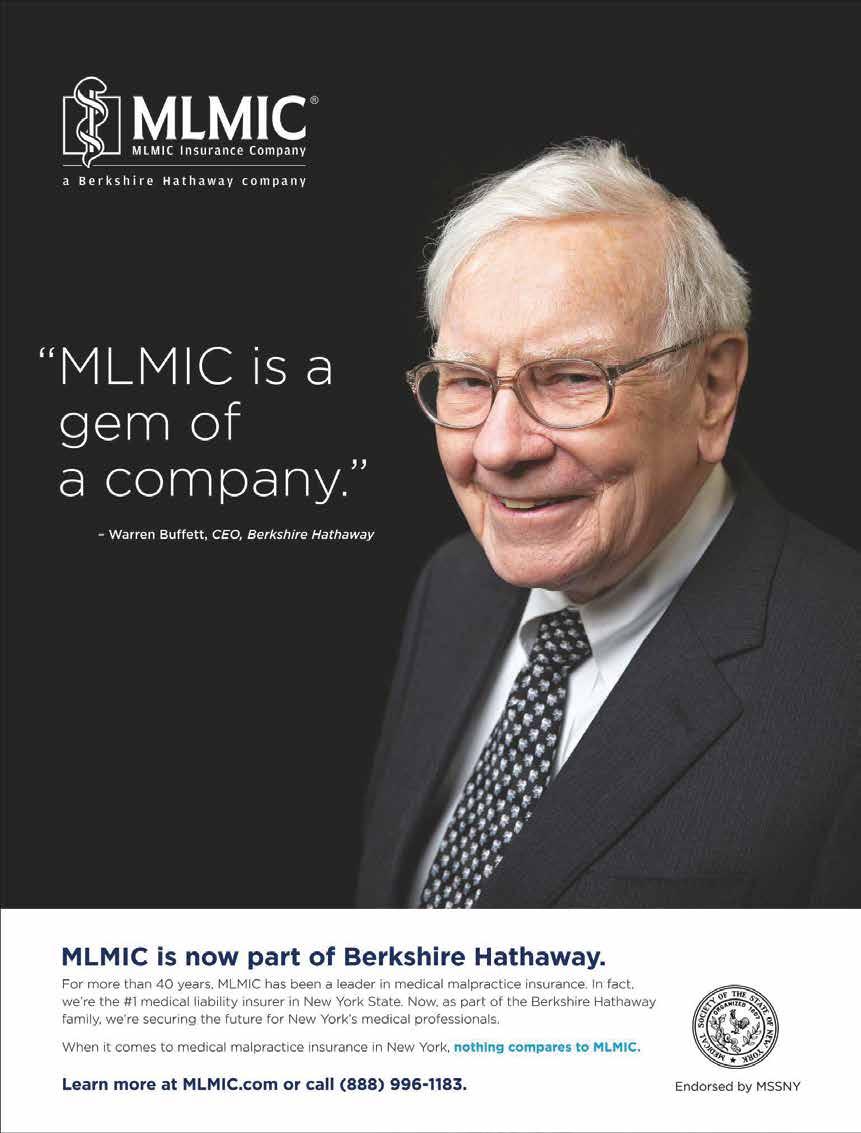
2 minute read
Legal
All You Really Need to Know about Covenants Not to Compete
Dennis Hursh
Advertisement
A covenant not to compete can devastate your future plans if a given position doesn’t work out for whatever reason. You
probably already know that a court will enforce a covenant not to compete if the court finds that the covenant imposes a reasonable restriction upon the physician, generally measured in both geographical area and time. Books have been written
about this topic. However, unlike most articles you will read, I will not speak about what a court will enforce. In my years of representing physicians, I have found that the marketplace often enforces extremely unreasonable covenants not to compete – in many cases, covenants that almost certainly would not have been forced in a court of law.
One true story (which I have related in my book on physician employment agreements) involves a senior physician who was employed by a rural hospital in New York. That physician signed a covenant not to compete that prohibited him from practicing medicine within 65 miles of the hospital. He was interested in joining another hospital that was approximately 63 miles away. The General Counsel of the new hospital and I spoke at length about the covenant not to compete. We both agreed that a court would almost certainly not enforce the covenant under the circumstances.
Moreover, the General Counsel and I both agreed that the physician’s current employer was extremely unlikely to try to enforce the covenant. If a court ruled that the covenant not to compete was not enforceable in this situation (which seemed to be almost certain), then all of the hospital’s covenants not to compete with all of its employed physicians would be at risk. Although you can rarely predict with 100% certainty how a court will rule, the General Counsel and I were both extremely confident that success was (almost) guaranteed if the current employer attempted to enforce the covenant.
At this point you may be expecting a happy ending, where the physician moved to his exciting new position and lived happily ever after in a life of complete professional fulfillment. Unfortunately, that is not what happened. The General Counsel advised his client that we could not be certain that a court case would be avoided if this physician were hired. A new employer can be sued for intentional interference with contractual relations if it is made aware of a covenant not to compete and hires the physician anyway. Although the physician would have been an extremely valuable addition to the hospital, the hospital ended up hiring another physician who did not have the “baggage” of a potential legal action attached to her.
This true story is an extreme example of a provision in a contract that would be difficult or impossible to enforce in a court of law. What physicians need to realize is that very few potential employers are eagerly anticipating the opportunity to slog out several weeks in a courtroom. Virtually all employers will avoid litigation at all costs. So before you sign a contract containing a particularly egregious covenant not to compete, thinking it will never be enforced, remember that the marketplace often enforces covenants not to compete that a court almost certainly would not enforce.
Dennis Hursh, a physicians attorney, has focused his legal practice on physician contract review and negotiation of physician employment agreements for over 30 years. He offers free telephone consultations.










